Discover Effective Autism Therapy using Regenerative Medicine in Austria
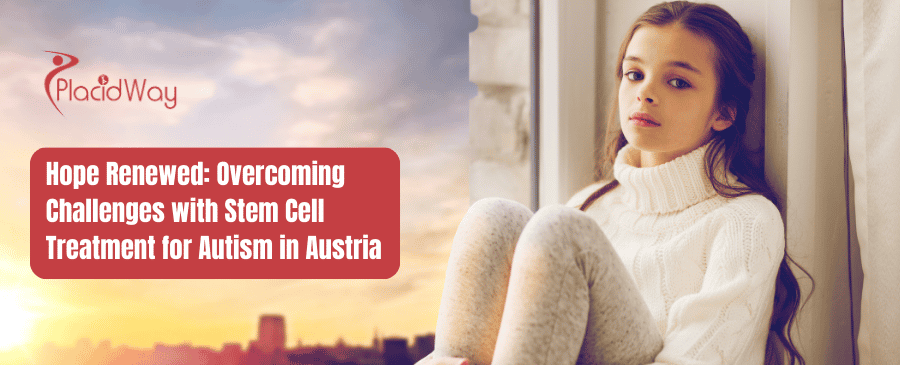
See a child with autism, and you'll witness a unique journey. Their view of the world is like a special code to understanding human experiences. But it also brings challenges. They might struggle to express themselves or connect with others as society expects. For parents, it's a mix of emotions – from frustration to joy in small victories.
In Austria, amid beautiful landscapes and rich culture, another story unfolds – one of hope and innovation. Here, researchers explore stem cell therapy for ASD. It's a new approach offering promise to families touched by autism. It's a light in a sometimes tough journey, bringing new possibilities and brighter futures for those who dare to dream.
The Mechanisms Behind Autism Stem Cell Treatment
Stem cell treatment involves the administration of stem cells, which have the remarkable ability to develop into various types of cells in the body. In the context of autism, these cells are believed to promote neuroregeneration and modulate immune function, potentially alleviating some of the symptoms associated with the disorder.
Several Challenges Faced by Autism Patients
1. Communication Difficulties
For individuals with autism, communication can be a significant hurdle. This challenge encompasses both verbal and non-verbal aspects of communication. Verbal communication difficulties may manifest as delayed speech development, limited vocabulary, or difficulty stringing together coherent sentences. Non-verbal communication challenges often involve interpreting facial expressions, body language, and gestures.
2. Social Interaction
Understanding and navigating social dynamics can be daunting for individuals with autism. They may find it challenging to grasp social cues, such as tone of voice, facial expressions, or body language, that typically guide social interactions. As a result, they may appear aloof, indifferent, or uninterested in socializing, leading to social isolation and difficulty forming meaningful relationships.
3. Sensory Sensitivities
Many individuals with autism experience heightened sensitivity to sensory stimuli, such as lights, sounds, textures, tastes, and smells. Everyday sensory experiences that most people take for granted can be overwhelming and distressing for individuals with autism. For example, bright lights or loud noises may cause discomfort or sensory overload, leading to anxiety, agitation, or meltdowns. Similarly, certain textures or clothing materials may trigger tactile sensitivities, making it challenging to tolerate certain fabrics or clothing items.
4. Repetitive Behaviors
Engaging in repetitive movements, actions, or routines is a hallmark feature of autism spectrum disorder. These repetitive behaviors may manifest in various forms, such as hand-flapping, rocking, spinning, or repetitive vocalizations. While these behaviors may serve as self-soothing mechanisms or coping strategies for individuals with autism, they can also interfere with daily functioning and social integration. Repetitive behaviors may disrupt classroom activities, hinder participation in group settings, or elicit unwanted attention from peers.
5. Cognitive Challenges
Autism spectrum disorder is associated with a range of cognitive differences and challenges that can impact learning, problem-solving, and abstract thinking. Some individuals with autism may exhibit strengths in certain areas, such as rote memorization, attention to detail, or visual-spatial abilities, while facing difficulties in others, such as executive functioning, planning, or organization.
Determining Eligibility for Autism Stem Cell Therapy
Stem cell therapy for autism in Austria is typically recommended for individuals diagnosed with ASD. It's crucial to consult with medical professionals to determine eligibility and suitability for the treatment. Each case is unique, and a thorough assessment is necessary to ensure the safety and effectiveness of the therapy.
Exploring New Horizons
As research into stem cell therapy for autism continues to evolve, so does the hope for improved outcomes and quality of life for individuals affected by the disorder. With advancements in medical science, there is renewed optimism for those seeking alternative treatments beyond traditional approaches.
Breaking Barriers with Stem Cell Therapy
- Promotes Neuroregeneration: Stem cells have the potential to repair damaged neural tissue and facilitate the development of new neural connections, offering hope for improved cognitive function and behavior.
- Modulates Immune Response: Dysregulation of the immune system has been implicated in the pathogenesis of autism. Stem cell therapy aims to modulate immune function, potentially reducing inflammation and improving overall health.
- Personalized Treatment Approach: Each individual's response to stem cell therapy may vary, highlighting the importance of personalized treatment plans tailored to specific needs and goals.
- Minimally Invasive Procedure: Stem cell therapy is typically administered via injections or infusions, minimizing the need for invasive surgical procedures and reducing associated risks and recovery time.
- Potential for Long-Term Benefits: While further research is needed to fully understand the long-term effects of stem cell therapy for autism, preliminary studies suggest the possibility of sustained improvements in symptoms and quality of life.
Best Stem Cell Therapy Center for ASD in Austria
Austria boasts several reputable medical facilities renowned for their expertise in stem cell research and therapy. These clinics adhere to stringent standards of safety and efficacy, providing comprehensive care for individuals seeking innovative treatments for autism and other conditions.
Best Stem Cell Clinic in Austria |
|
|
|
Kobinia Med, Austria's top stem cell clinic, provides specialized therapies for autism, offering hope and transformation for those impacted by this complex condition. |
Cost of Stem Cell Therapy for Autism in Austria
The cost of stem cell therapy for autism in Austria varies depending on factors such as the type of treatment, the clinic, and individualized treatment plans. It's essential to consult with medical professionals and financial advisors to understand the associated costs and explore potential funding options or assistance programs.
|
Package |
Cost in USD |
|
$12,000 |
Top Doctors for Autism Stem Cell Therapy in Austria
When considering stem cell therapy for autism, it's crucial to collaborate with experienced and qualified healthcare doctors who prioritize patient safety and well-being. Seek recommendations from trusted sources, conduct thorough research, and schedule consultations to ensure informed decision-making and optimal treatment outcomes.
Stem Cell Therapy Doctors in Austria |
|
|
|
|
Get FREE CONSULTATION for Autism Stem Cell Therapy in Austria at PlacidWay!
Ready to explore the possibilities of stem cell therapy for autism in Austria? Book a consultation with PlacidWay Medical Tourism today to learn more about treatment options, eligibility, and next steps on your journey towards renewed hope and improved quality of life. Don't let challenges hold you back – embrace the potential for positive change and embark on a path towards a brighter future.

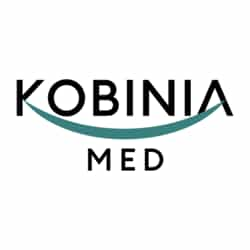
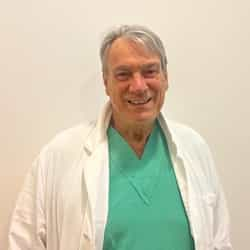
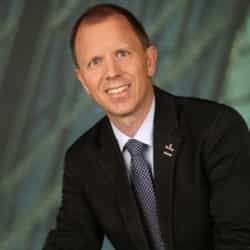

.png)
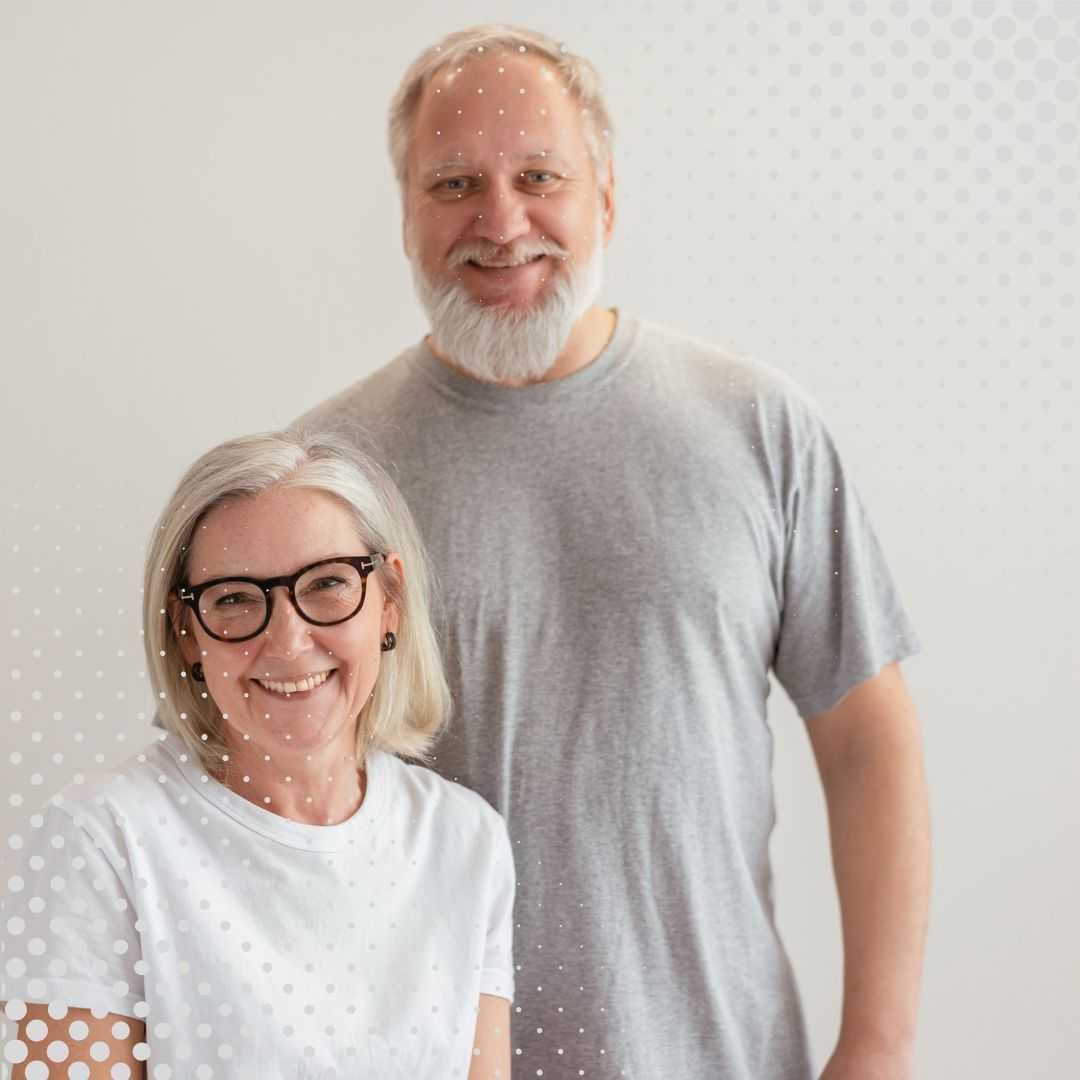
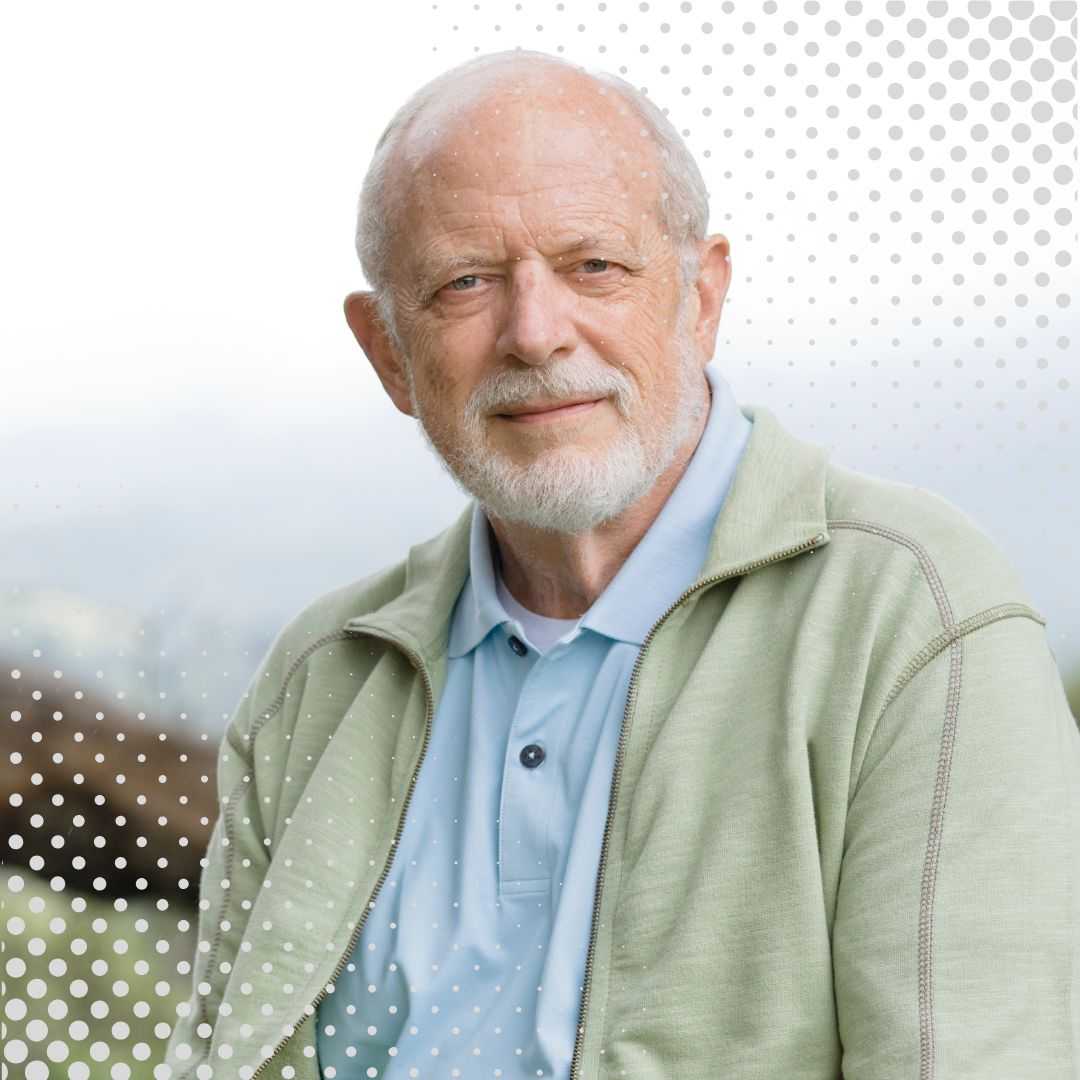
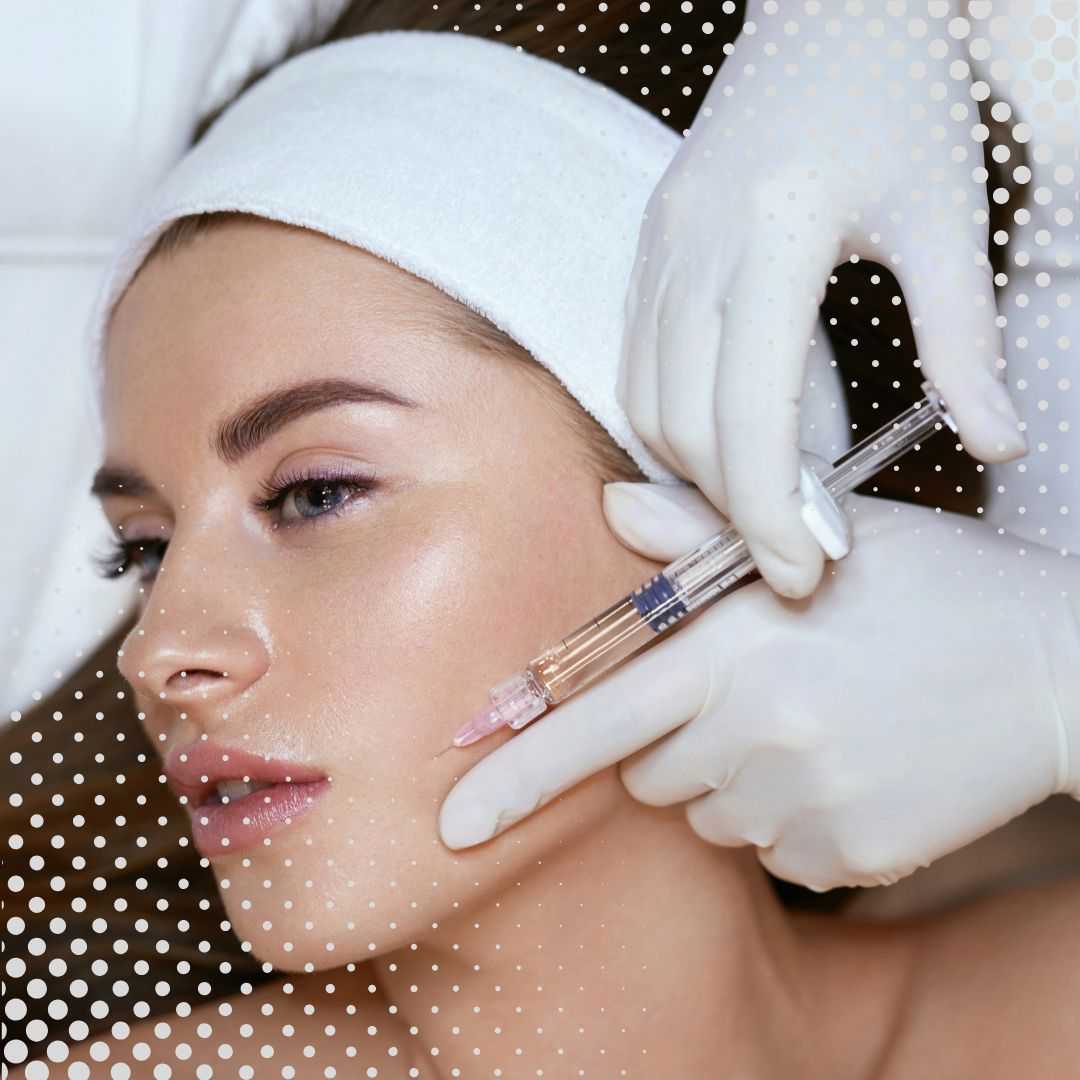
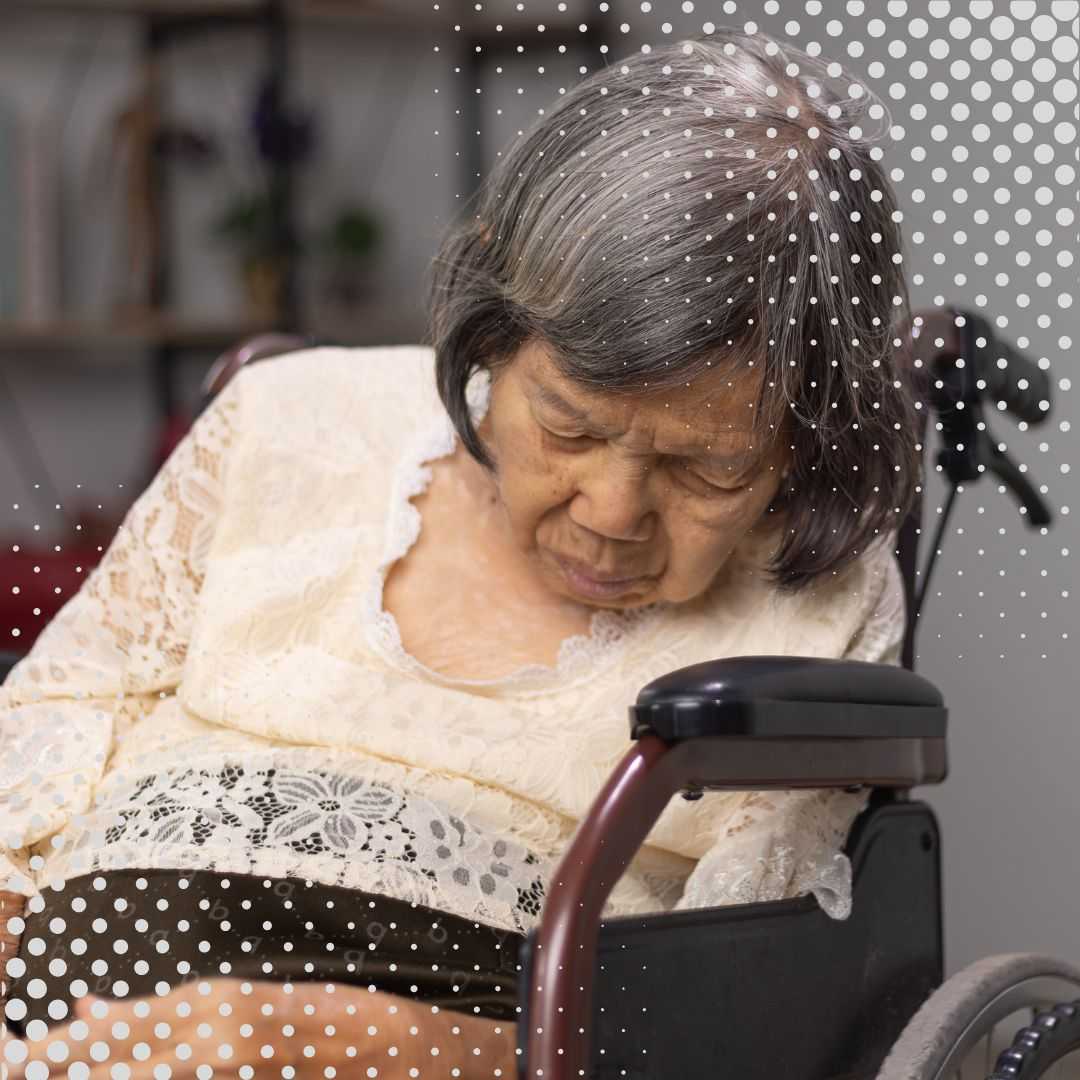
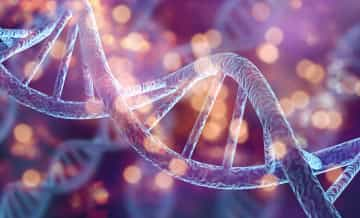

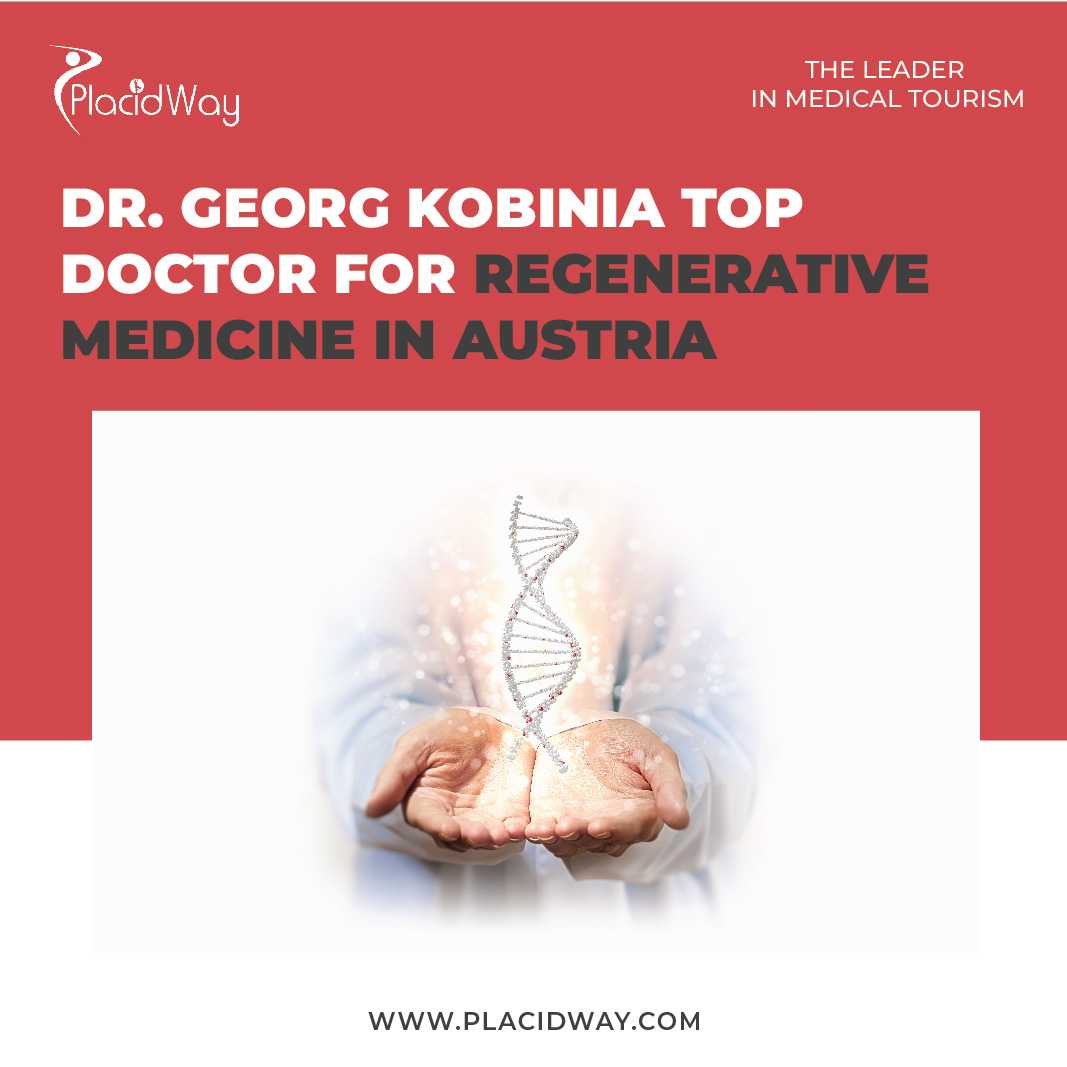

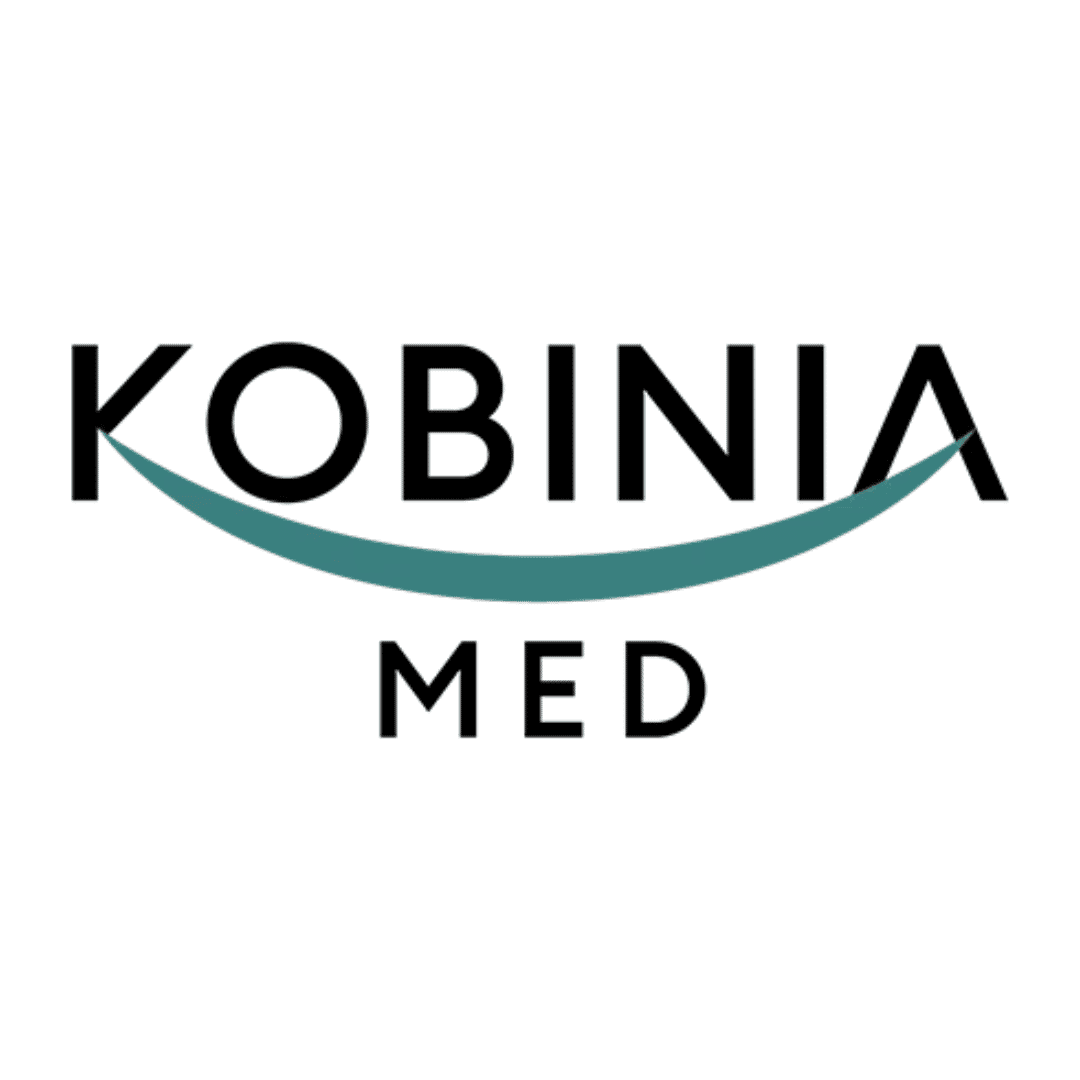
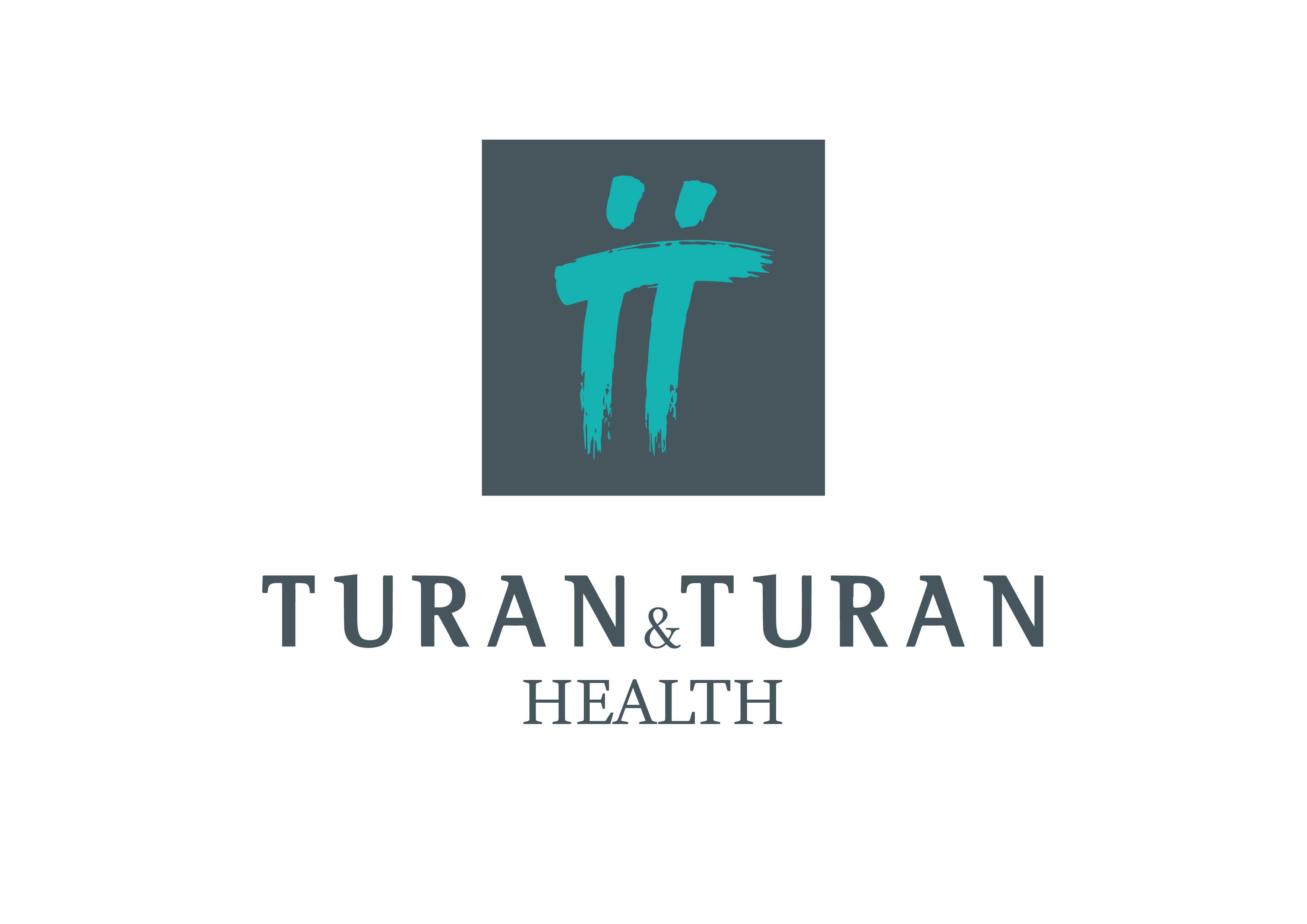
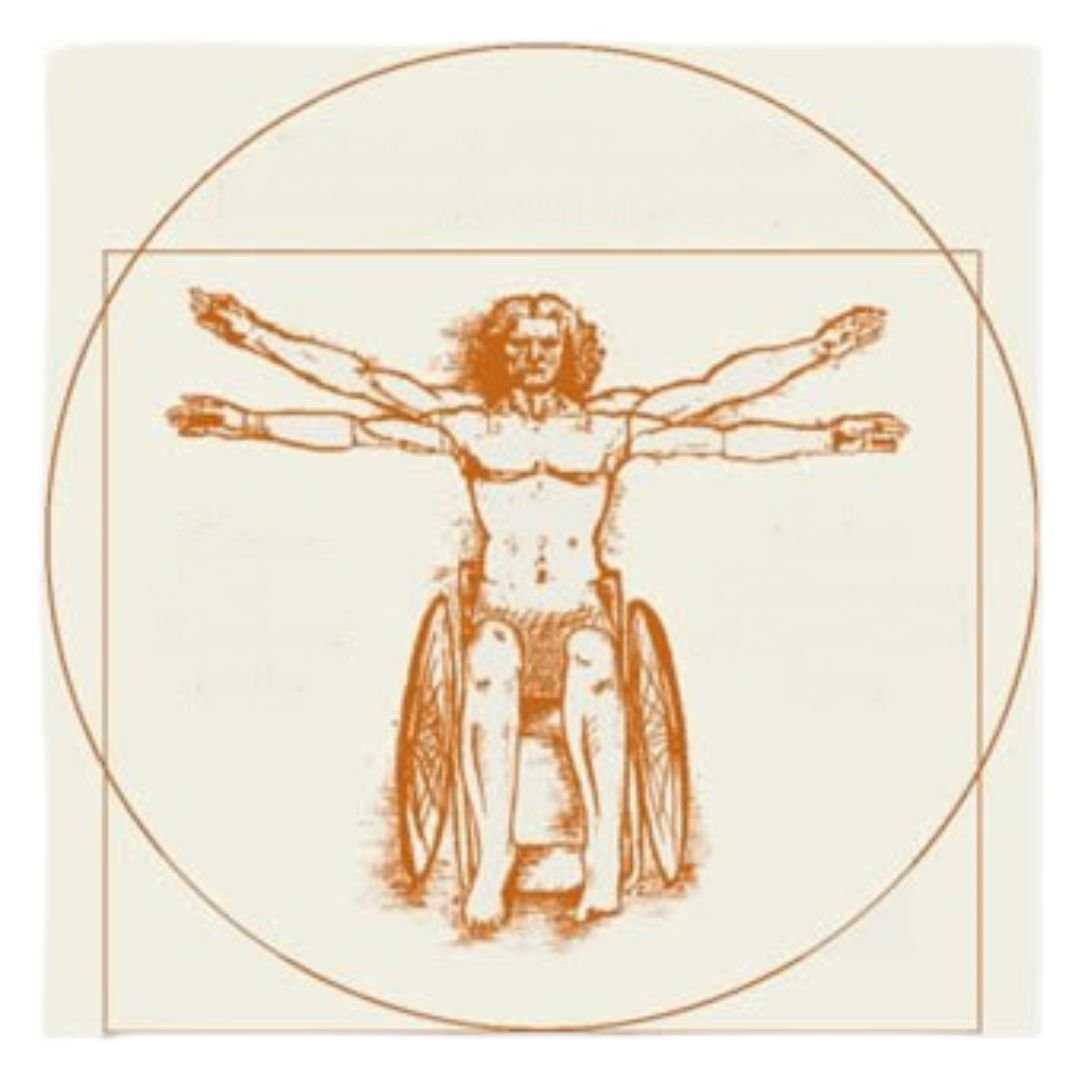
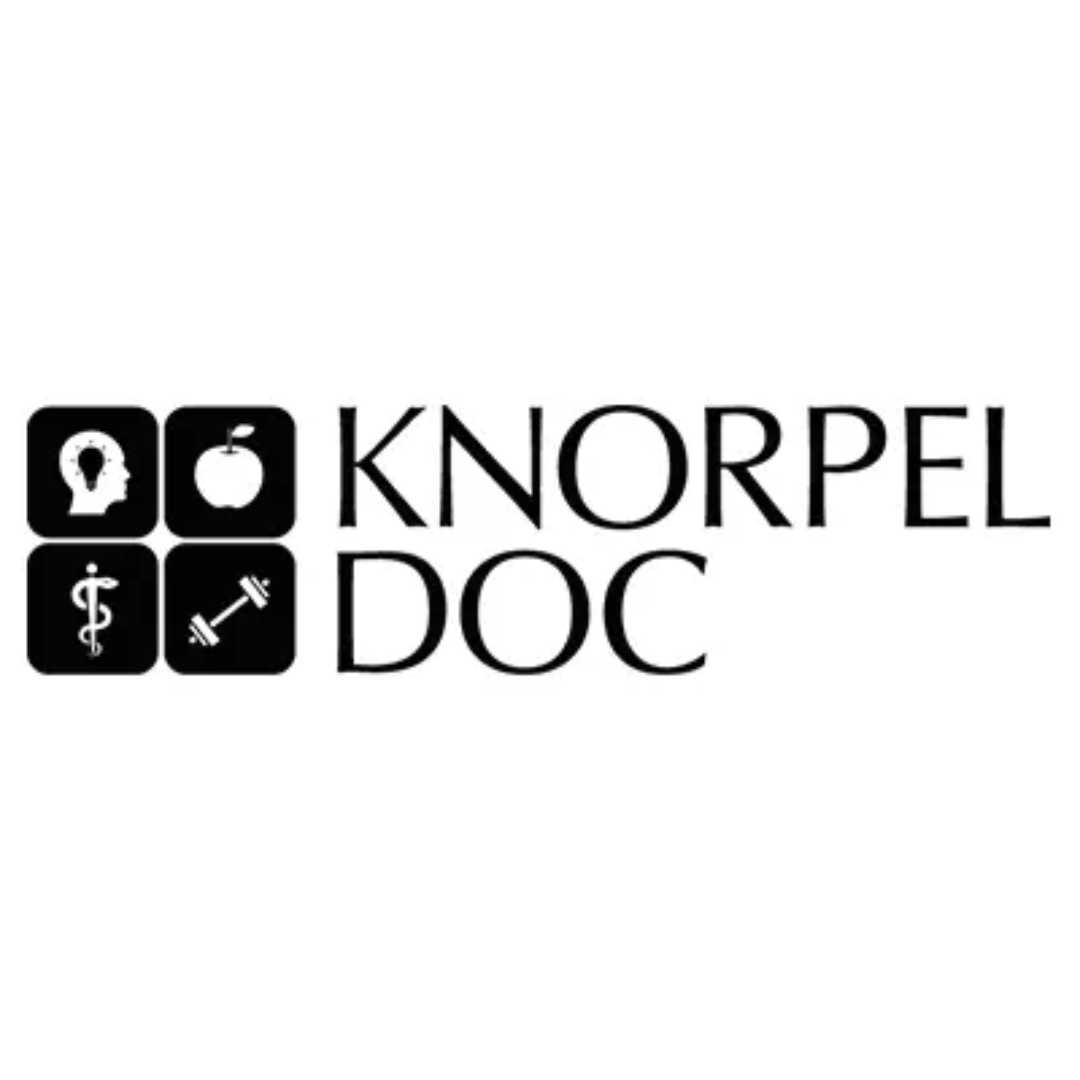
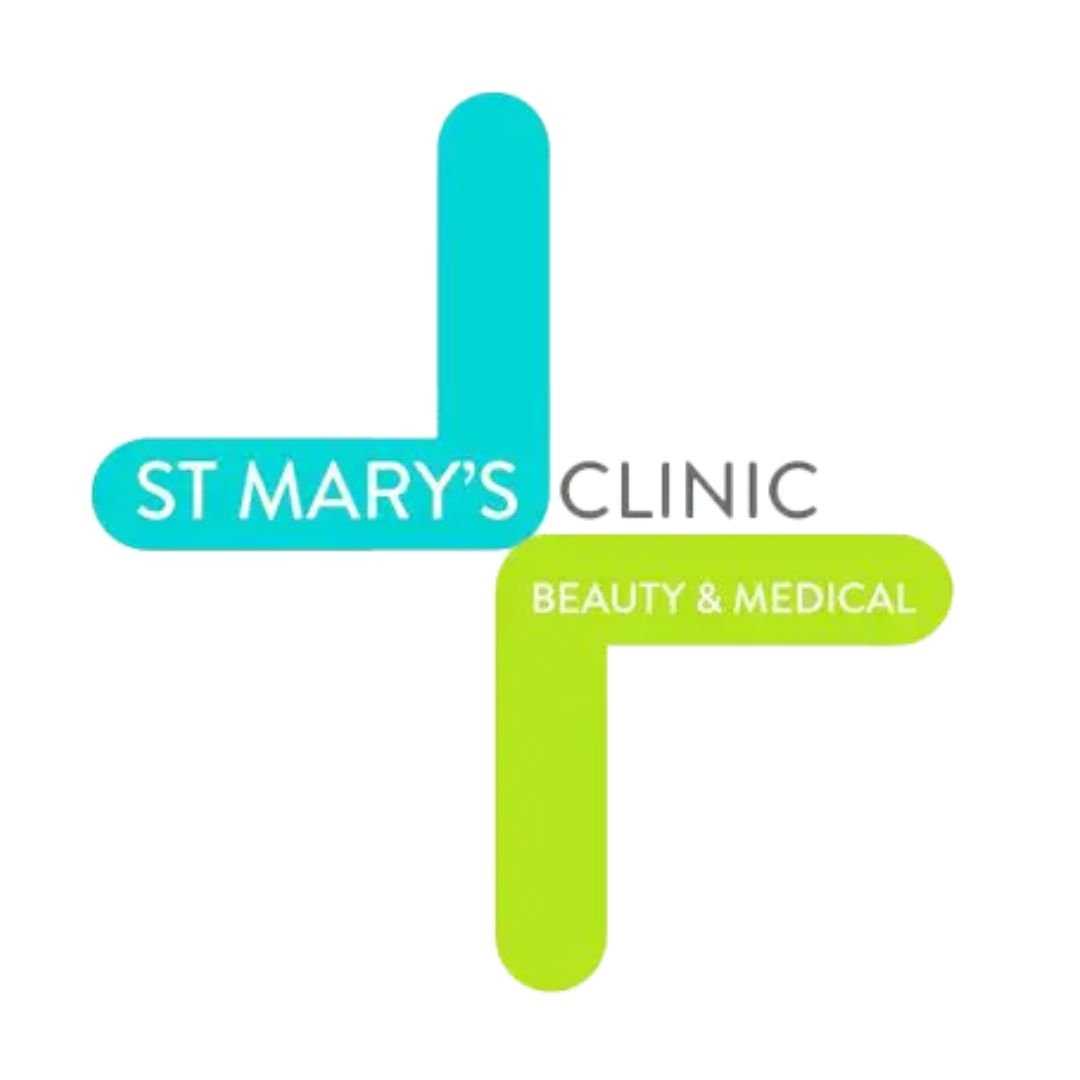

Share this listing